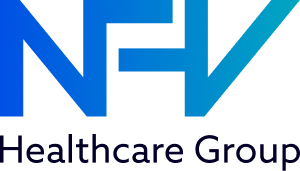Managing revenue efficiently is crucial for sustaining operations and delivering high-quality patient care in the ever-evolving healthcare landscape. Automation in Revenue Cycle Management (RCM) offers a transformative approach that optimizes financial performance and enhances healthcare delivery. This blog post dives into the myriad benefits of RCM automation and explores how it can revolutionize your healthcare practice.
Improved Efficiency and Accuracy

One of the most significant advantages of automating RCM processes is the dramatic improvement in efficiency and accuracy. Manual data entry and processing are prone to errors and inconsistencies that can lead to costly mistakes. Automation eliminates these risks by ensuring data is processed accurately and consistently.
Key Points:
- Reduced Human Error: Automated systems minimize the chances of human error, leading to more accurate billing and coding.
- Faster Processing Times: Tasks that once took hours or days can be completed in minutes, accelerating the entire revenue cycle.
Streamlined Workflow
Automation seamlessly integrates various revenue cycle components, creating a streamlined workflow that enhances productivity and operational efficiency. Automation connecting disparate systems and processes ensures that information flows smoothly across departments.
Key Points:
- Unified Systems: Integrating billing, coding, claims processing, and payment posting into a single automated system.
- Task Prioritization: Automation helps prioritize tasks based on importance and urgency, ensuring critical activities are handled promptly.
Increased Revenue

Automating RCM processes can directly increase revenue by optimizing billing and collections. By reducing claim denials and improving coding accuracy, healthcare providers can ensure they receive the maximum reimbursement for services rendered.
Key Points:
- Optimized Billing: Automated systems ensure claims are submitted correctly the first time, reducing the chances of denial.
- Enhanced Collections: Automation facilitates quicker follow-ups on unpaid claims, ensuring timely revenue collection.
Enhanced Cash Flow and Revenue Recovery
Effective cash flow management is vital for the financial health of any healthcare practice. Automation aids in maintaining a steady cash flow by expediting the billing and payment cycles. Additionally, it improved revenue recovery by identifying and rectifying underpayments and missed claims.
Key Points:
- Expedited Billing Cycles: Faster claim processing leads to quicker reimbursements and improved cash flow.
- Revenue Recovery: Automated systems identify discrepancies and recover revenue that might otherwise be lost.
Cost Savings

Automation reduces the need for manual labor, thereby reducing operational costs. Healthcare providers can allocate resources more efficiently and reduce administrative expenses by minimizing human intervention.
Key Points:
- Reduced Labor Costs: Automation decreases the dependency on manual labor, leading to significant cost savings.
- Operational Efficiency: Streamlined processes reduce the need for additional administrative support.
Compliance and Error Prevention
Compliance with regulatory requirements is paramount in healthcare. Automated RCM solutions are designed to adhere to industry standards and regulations, ensuring compliance and reducing the risk of legal issues.
Key Points:
- Regulatory Compliance: Automated systems are programmed to comply with healthcare regulations, ensuring adherence to legal standards.
- Error Prevention: Automation minimizes errors that could lead to non-compliance and potential fines.
Scalability and Flexibility

As healthcare practices grow, their RCM processes need to scale accordingly. Automation offers the flexibility to adapt to increasing volumes of data and transactions, ensuring that the revenue cycle remains efficient and effective.
Key Points:
- Scalability: Automated systems can handle increased workloads without compromising performance.
- Flexibility: Automation allows for easy adjustments to processes as the practice evolves.
Improved Patient Satisfaction
Ultimately, the goal of any healthcare provider is to deliver exceptional patient care. Automation in RCM frees up valuable time and resources, allowing healthcare professionals to focus on patient care rather than administrative tasks. This leads to improved patient satisfaction and better healthcare outcomes.
Key Points:
- Enhanced Patient Experience: Healthcare providers can spend more time with patients by reducing administrative burdens.
- Accurate Billing: Automation ensures patients receive accurate bills, reducing confusion and improving trust.
Trust The Experts in Revenue Cycle Management Solutions
The benefits of automation in Revenue Cycle Management are clear: improved efficiency, increased revenue, enhanced cash flow, cost savings, compliance, scalability, and improved patient satisfaction. By embracing RCM automation, healthcare providers can streamline their operations and focus on what truly matters—delivering high-quality patient care.
Ready to transform your revenue cycle management with automation? Contact NFV Healthcare Group today to learn more about our cutting-edge RCM automation solutions. Get in touch with our team today and discover how we can help you achieve financial excellence and operational efficiency.

